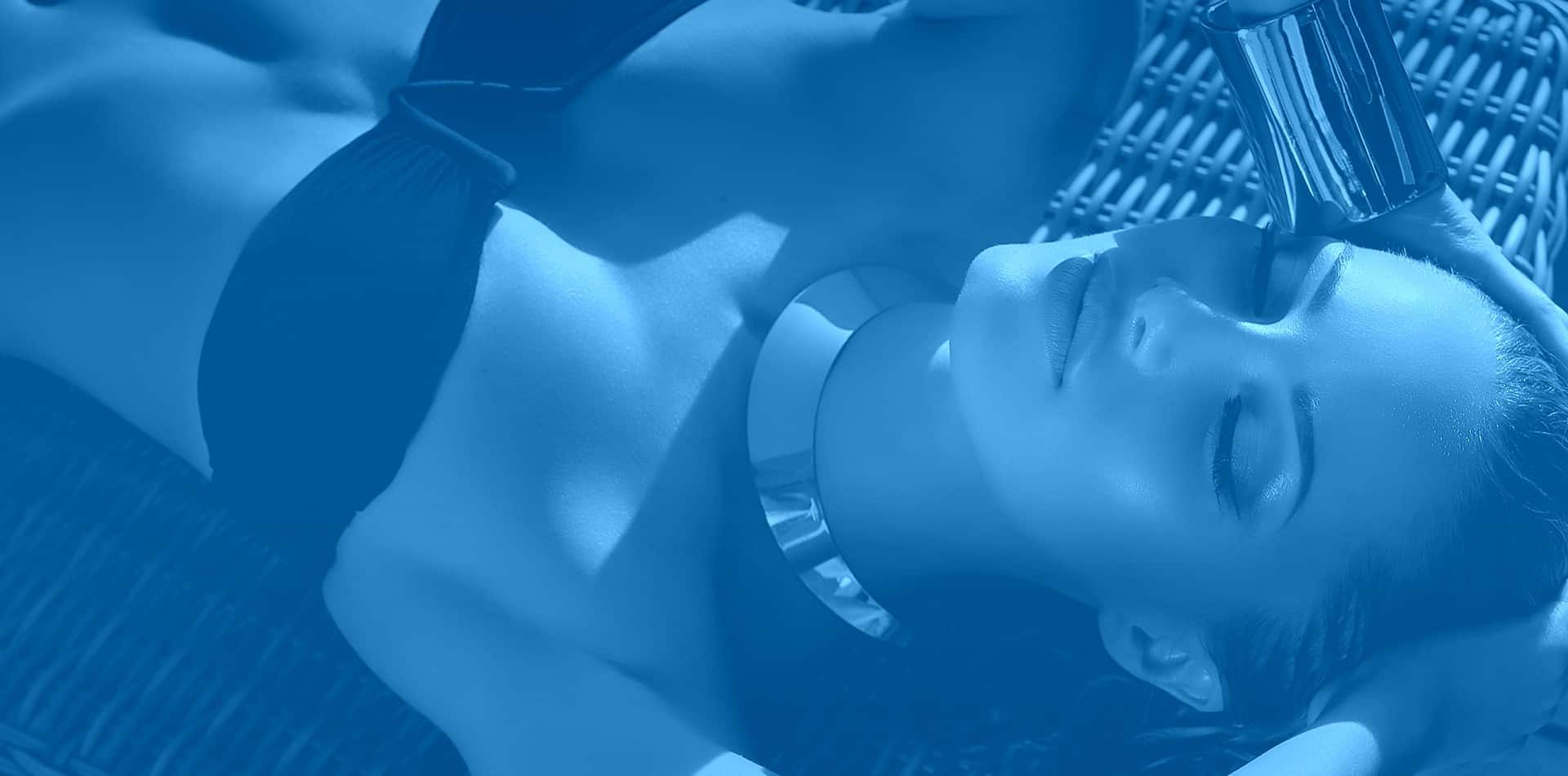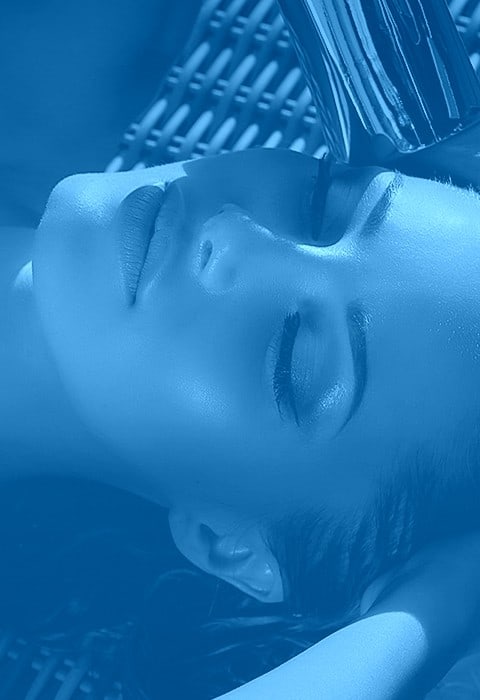Offices in Nassau County, NY
Acne is a common condition that causes blocked pores, pimples, cysts and other lesions on the skin of the face, neck, chest, back, shoulders and upper arms. While teenagers are often affected, adults of any age can suffer from acne. Acne is not life-threatening, but can lead to physical disfigurement and emotional distress. There are several effective treatment methods available to help improve the appearance of the skin and prevent future breakouts from occurring.
Causes of Acne
Acne develops on the skin when the pores become clogged, which may occur as a result of an overproduction of oil, a buildup of bacteria or shedding of dead skin cells that irritate the pores and hair follicles. When these substances build up in the hair follicle, they form a soft plug that forces the follicle wall to bulge and protrude from the skin, causing a lesion to develop. The cause of excess oil production is unknown, but is believed to be caused by a combination of several factors, including hormones, bacteria, heredity and in some cases, the use of certain medications. Contrary to popular belief, chocolate, greasy foods and dirty skin do not cause acne.
In the first few months of life, some infants may suffer from acne. This type of acne is a common condition caused by the exposure of maternal hormones in the womb and clears up on its own within a few weeks or months.
Acne Symptoms
While symptoms of acne most commonly appear on the face, neck, shoulders, back or chest, they can appear anywhere on the skin. Symptoms of acne may include:
- Blackheads
- Whiteheads
- Cysts
- Nodules
- Pustules
- Redness
- Swelling
These symptoms can come and go, and may flare up at certain times as a result of hormonal or environmental triggers such as pregnancy, menstrual periods, use of oily cosmetics or hair products, high levels of humidity or certain medications. Severe cases of acne may cause scarring on the skin. While acne does not usually lead to any serious health conditions, it can cause permanent scarring and damaging emotional effects for patients of any age. Patients should seek treatment from a dermatologist if acne symptoms do not respond to over the counter treatment methods or if scarring develops as the acne clears.
Acne Treatment Options
Treatment methods for acne aim to reduce oil production and increase the speed of skin cell turnover to prevent new blemishes from developing. Acne treatment also focuses on reducing inflammation to help treat current symptoms. Treatment may include a combination of topical ointments, antibiotics prescription, medication, or the use of oral contraceptives. These treatment methods may take up to eight weeks before results are visible, and acne may get worse before getting better.










